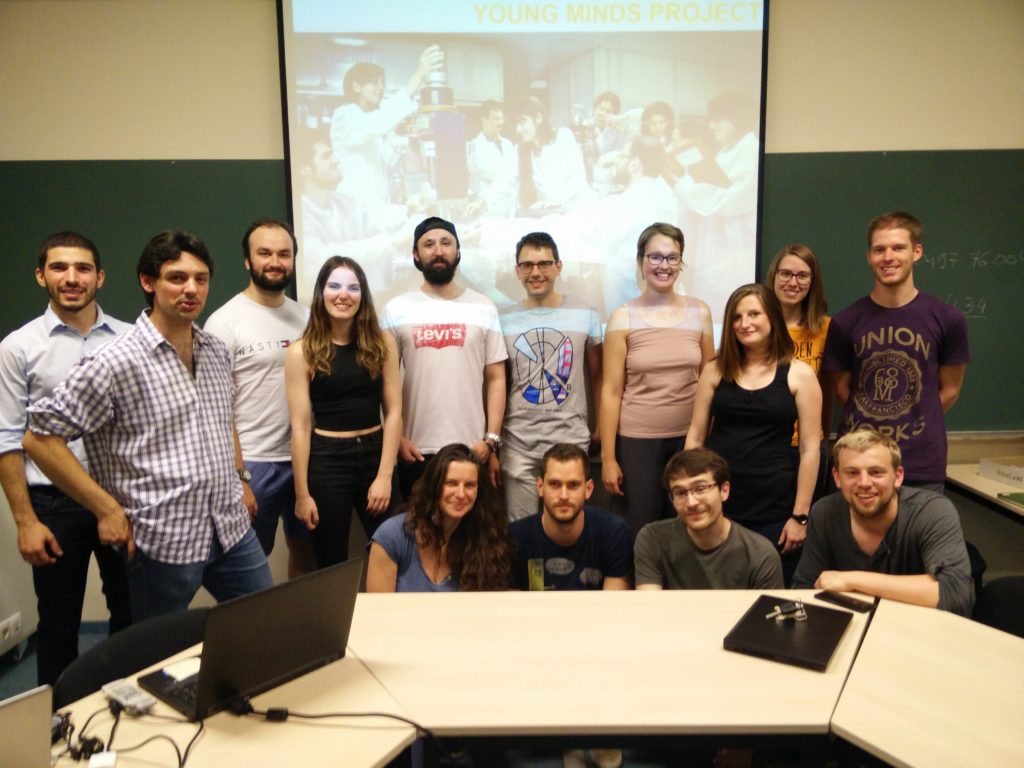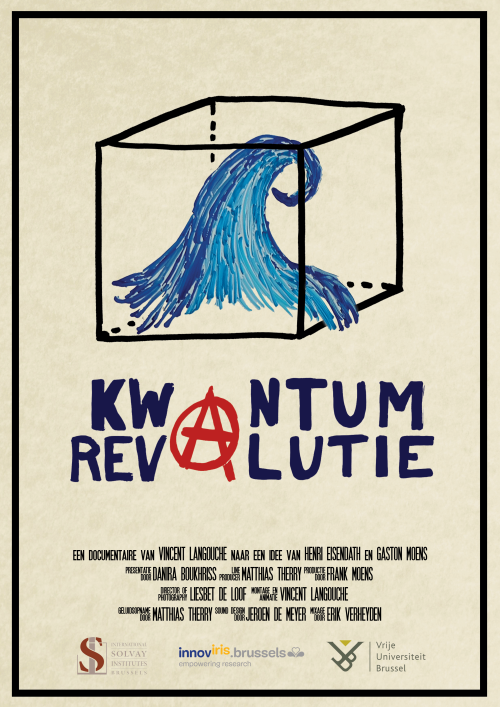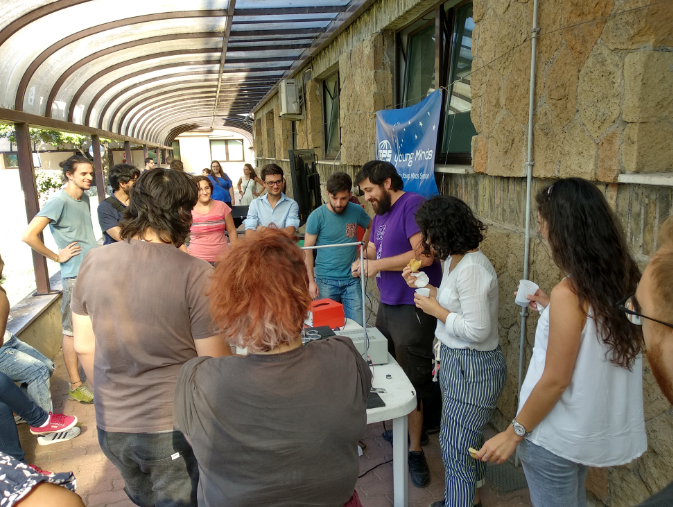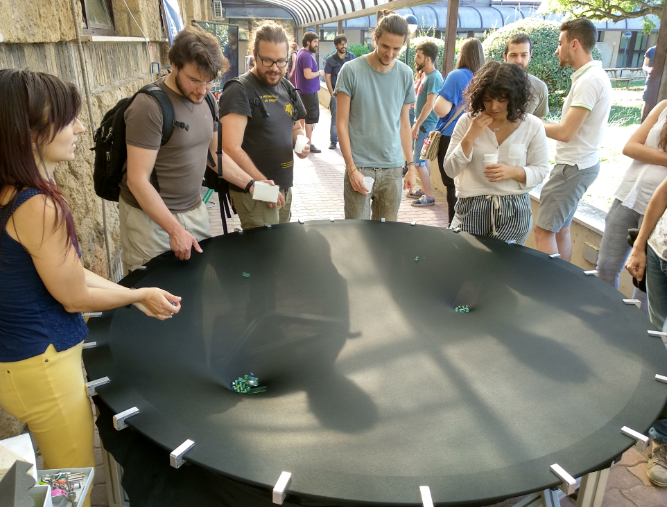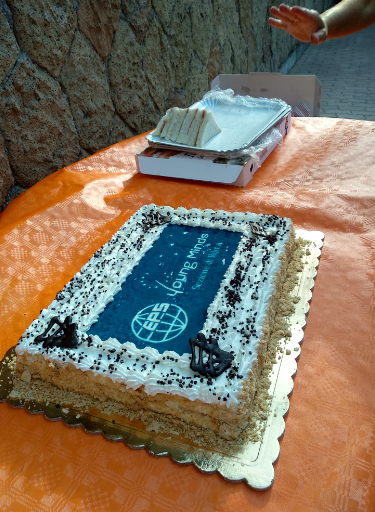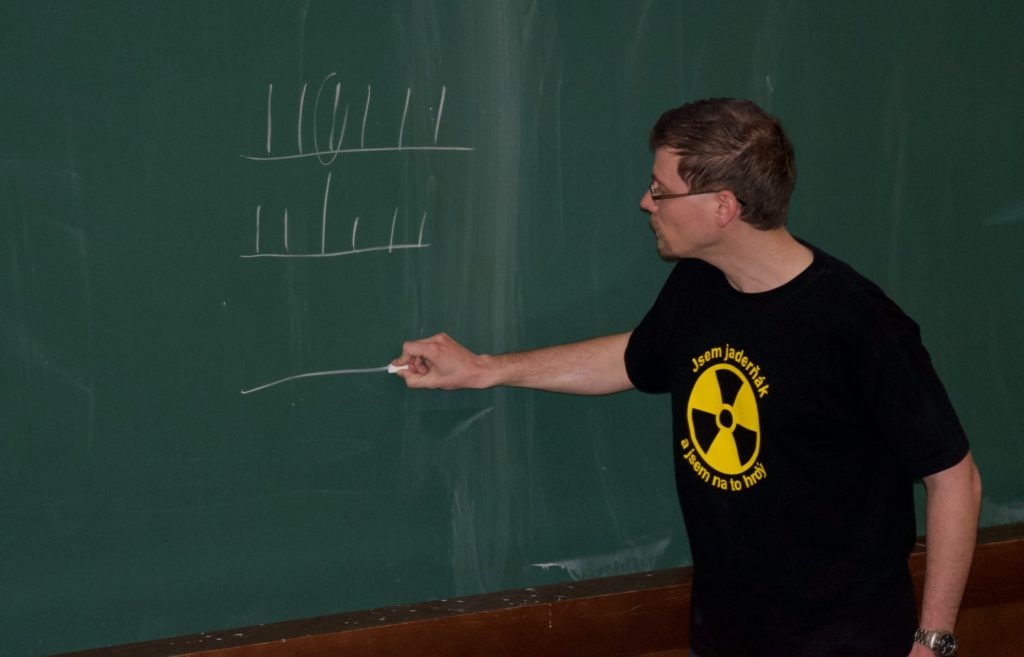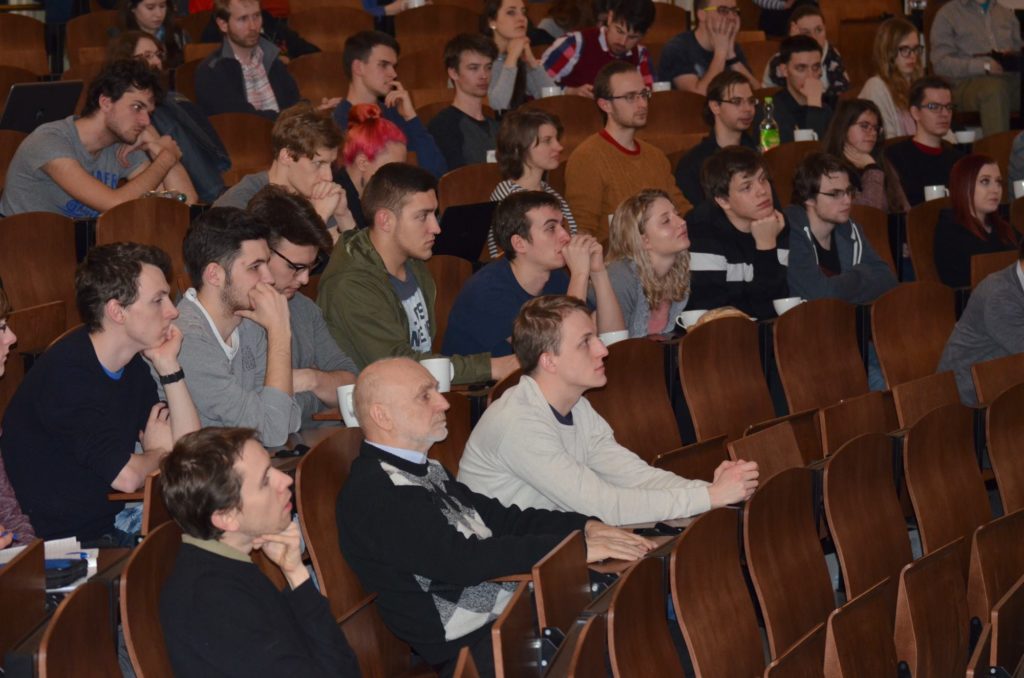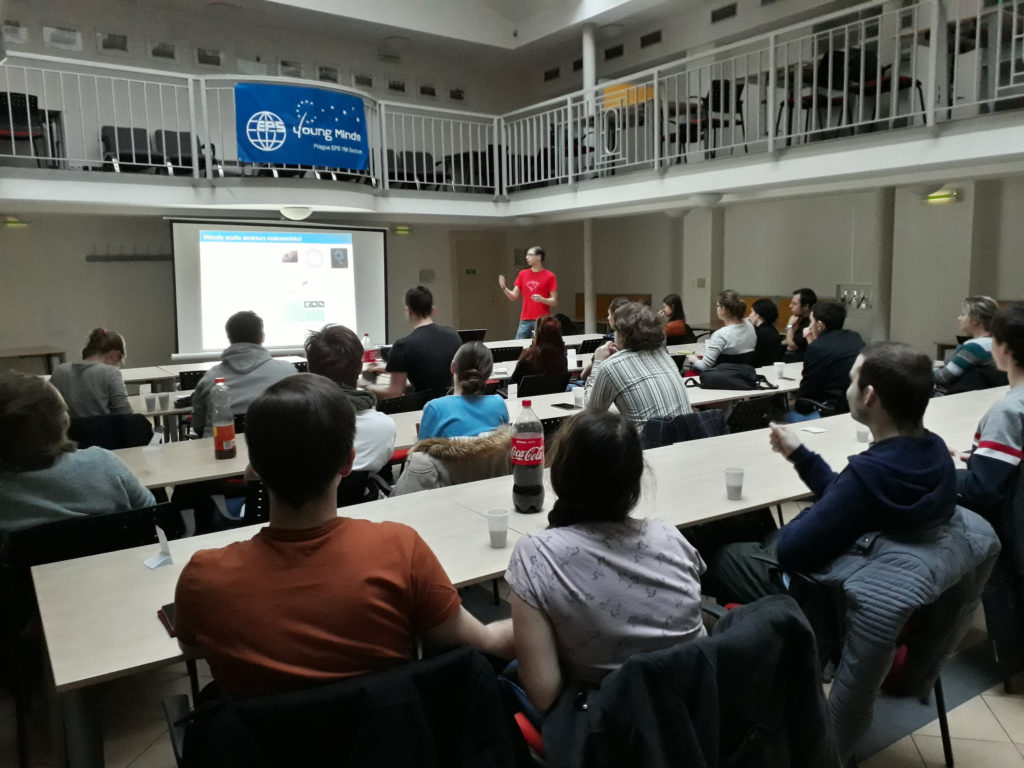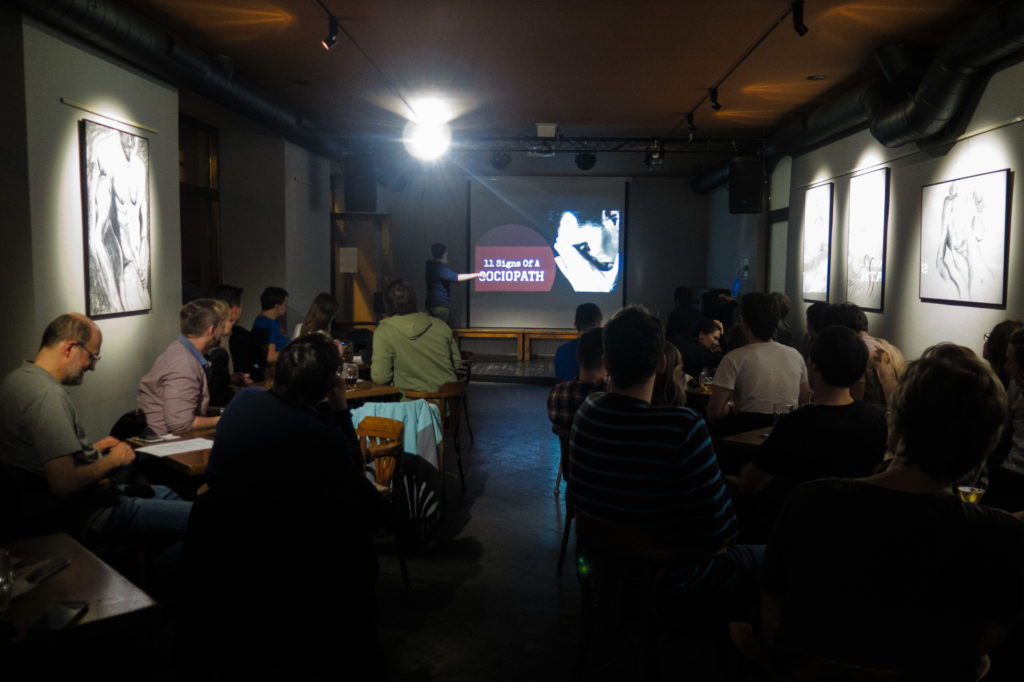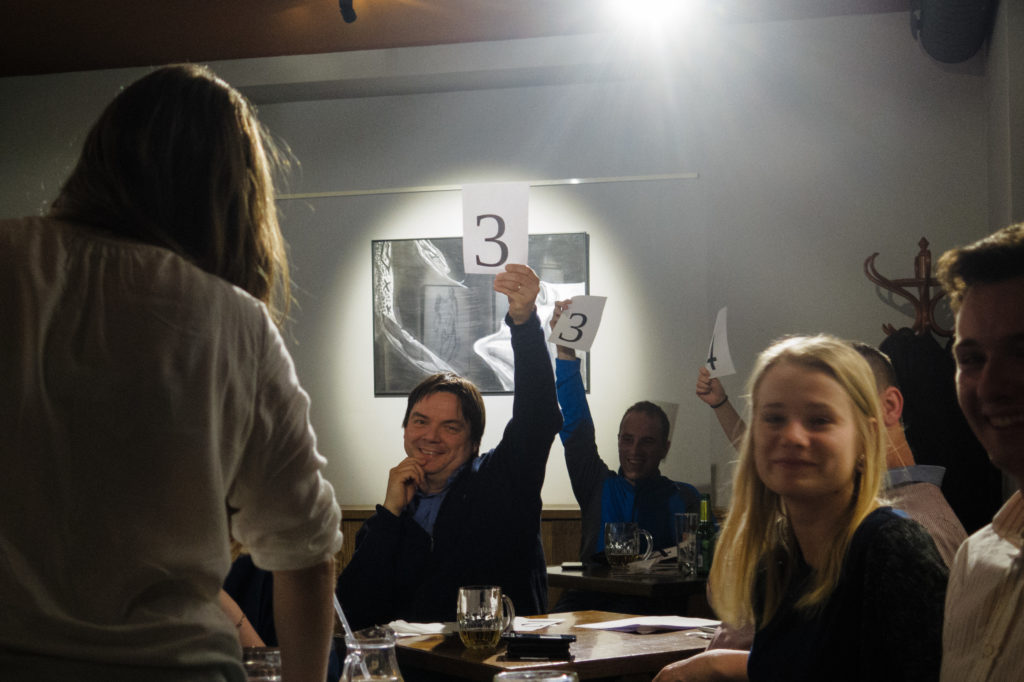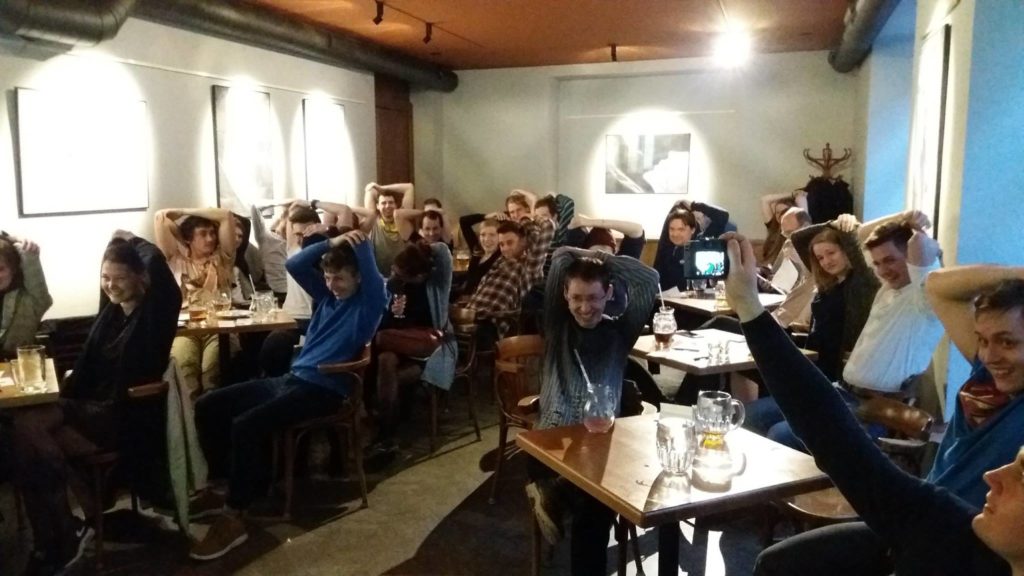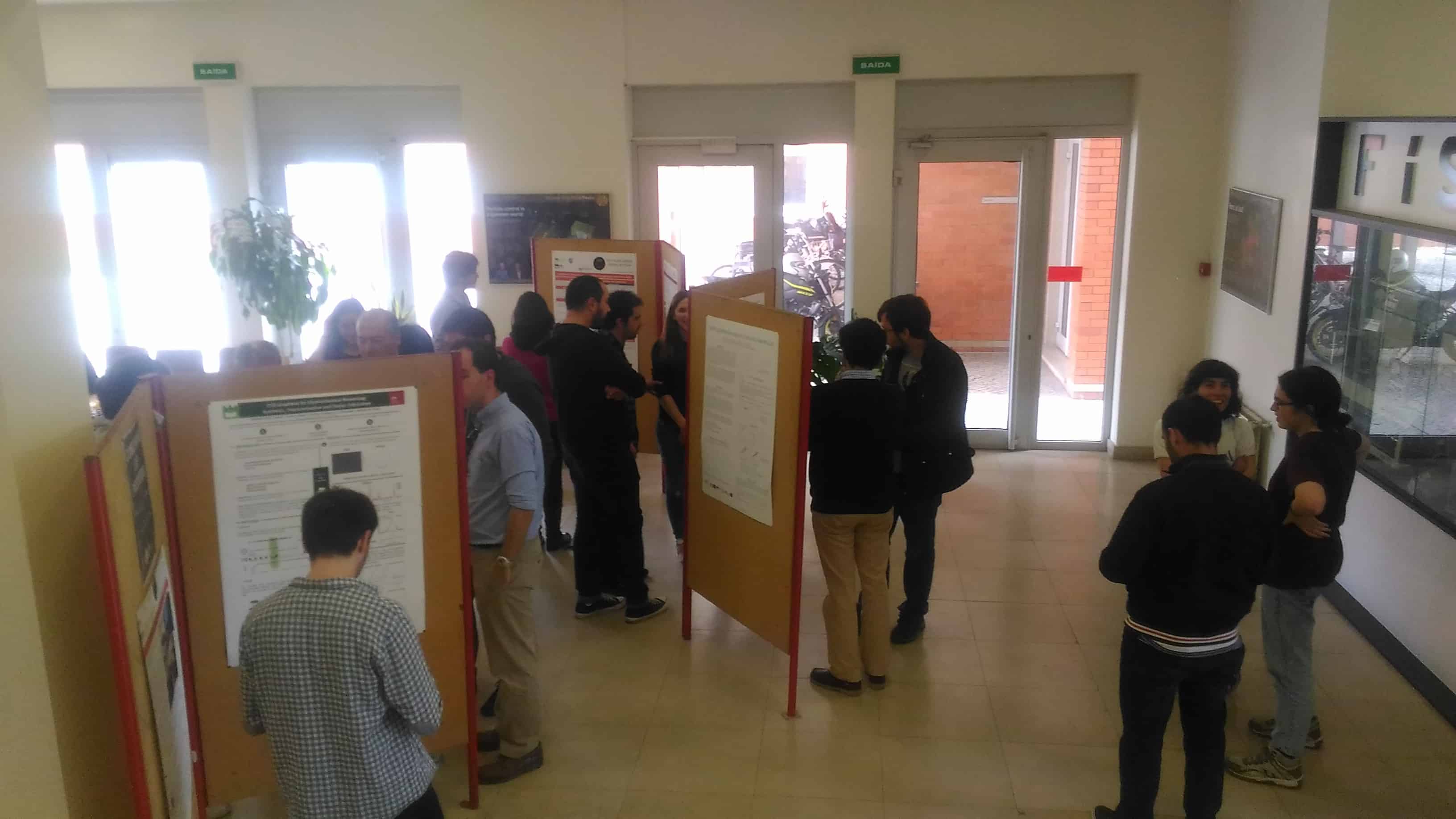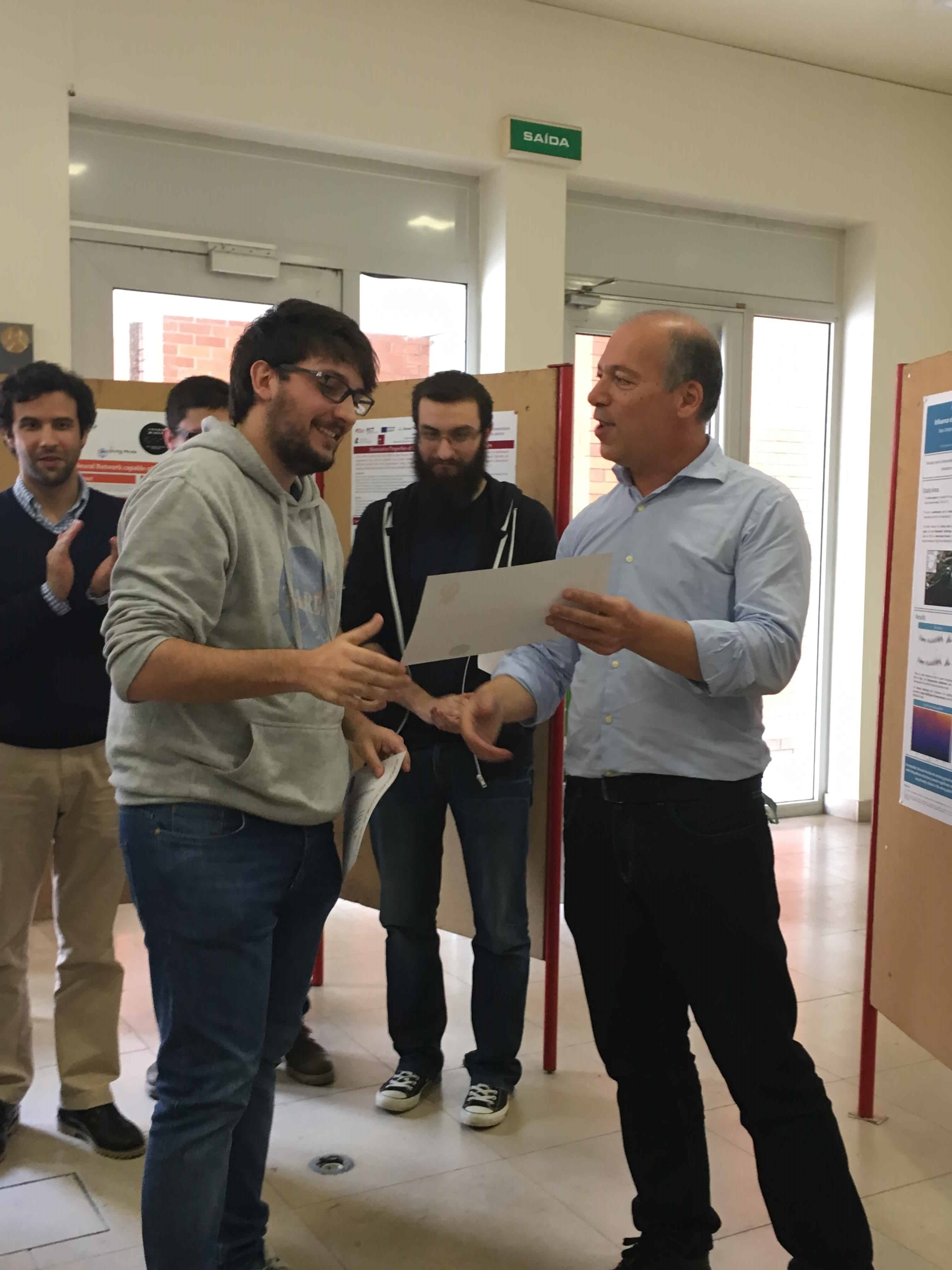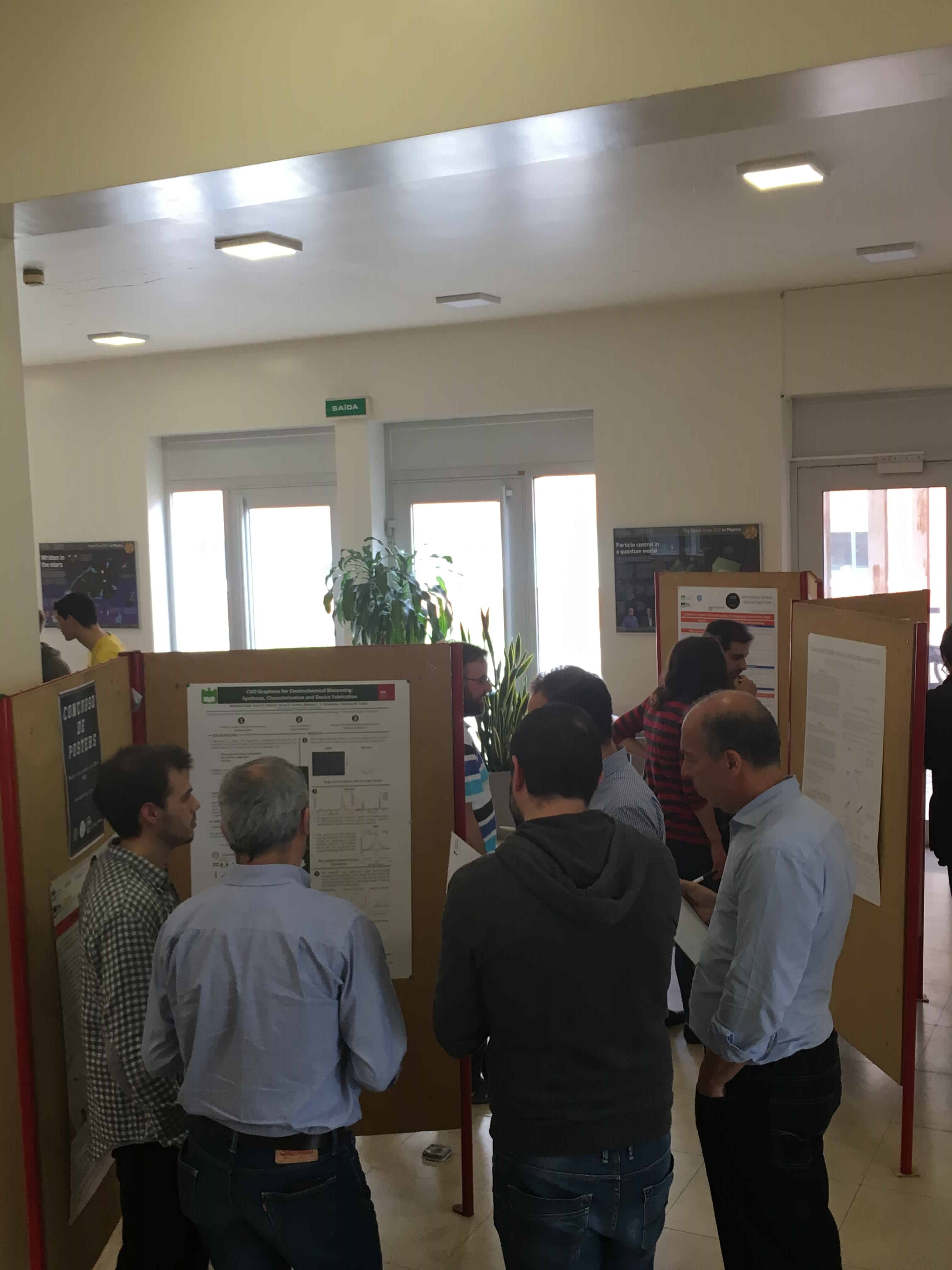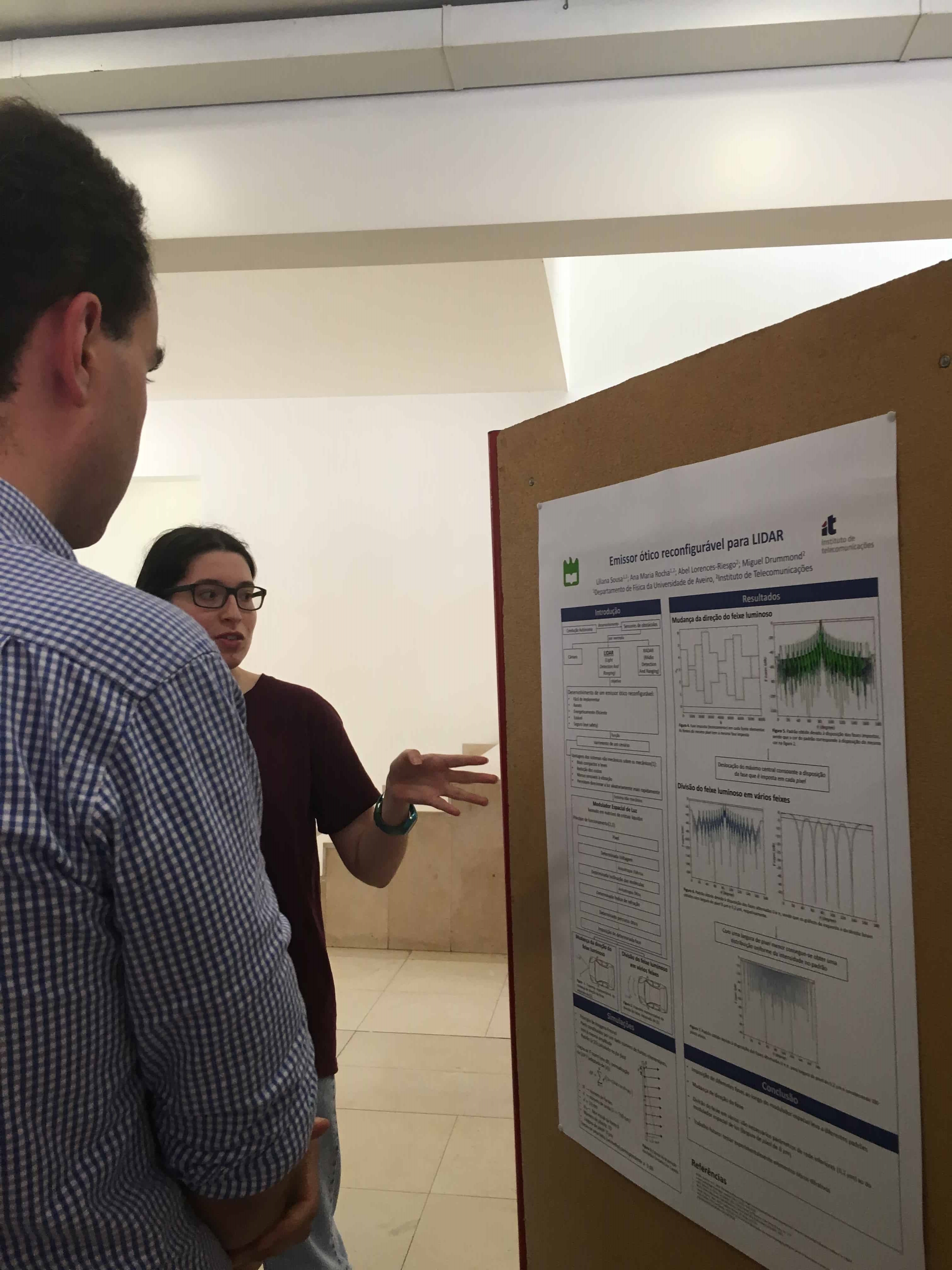The Young Minds section of the University of Liège was created recently (May 2018). During the past months, our group has organized a “get-to-know-us” presentation for physics and space science students (masters, PhD and post-docs). It sparked great interest for the Young Minds activity in the Liège physics community. The objective was also to brainstorm ideas of activities to be organized for the upcoming academic year 2018-2019. This meeting, along with three other group reunions over two weeks, lead us to the idea of a networking event under the theme “Physics and Sport” (see the corresponding document for more details), during which we will test activities we plan using to create an outreach event destined to high school students. It also allowed us to gather motivated PhD students with experience in science outreach event (sci-fi movies analyses, broad audience communication, …) and effectively reinforce the initial team. We have also made contact with a local organization specialized in the field of science popularization at the University of Liège (“Réjouiscience” – http://rejouisciences.uliege.be) and they showed enthusiasm in collaborating with us in the organization of physics outreach events. We committed to participating in the next edition of their “Printemps des Sciences”, a yearly, high-impact science fair week for schools and general public in the Liège area. Members of our team are also dedicating their time to the construction of a website (www.ymliege.uliege.be) and a Facebook page (“YMLiège”) for more visibility. We created a public mail address: youngminds@uliege.be.
Our group takes the opportunity to be part of the Young Minds network very seriously, and we think we are off to a great start. We hope that the aforementioned activities testifiy our motivation for holding physics-related events and for growing the Young Minds network.

